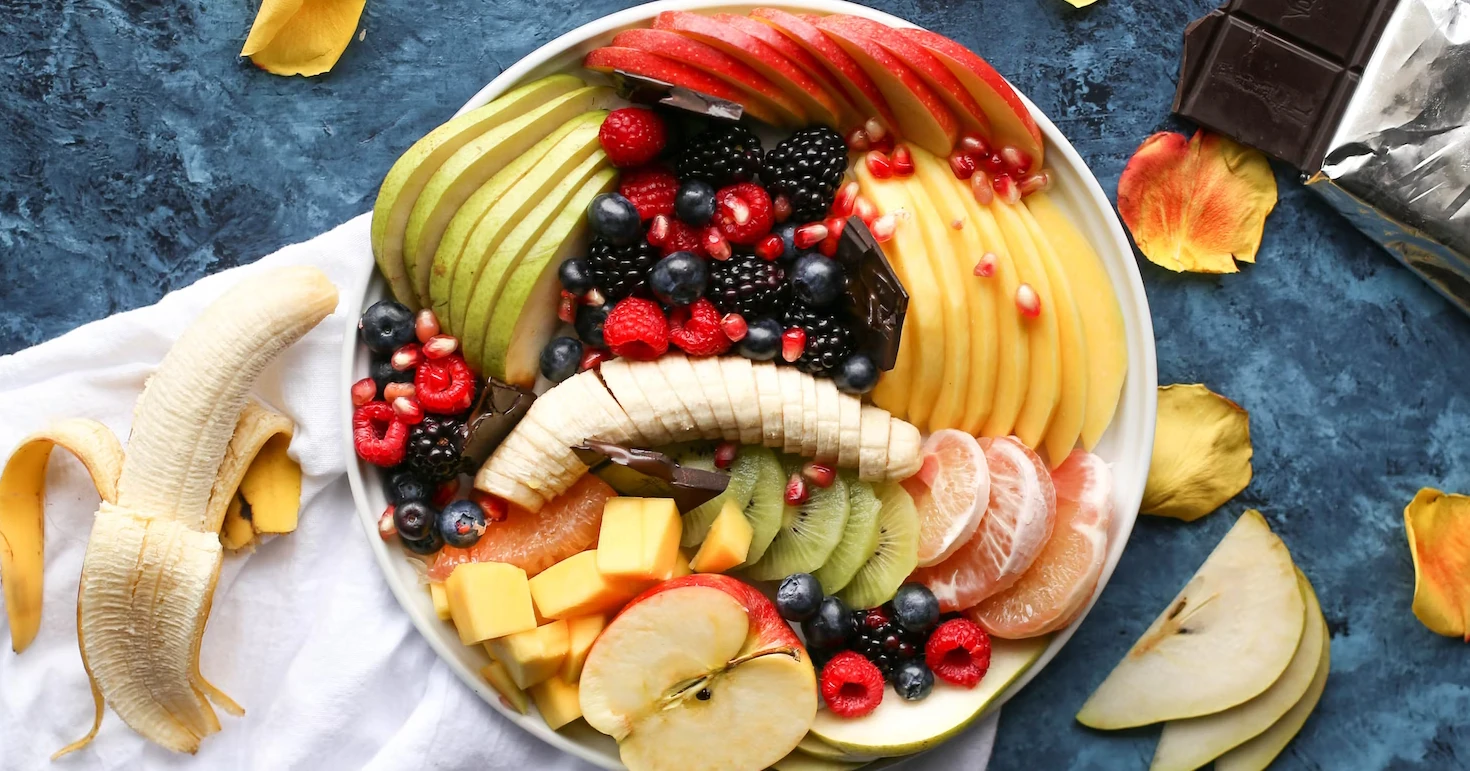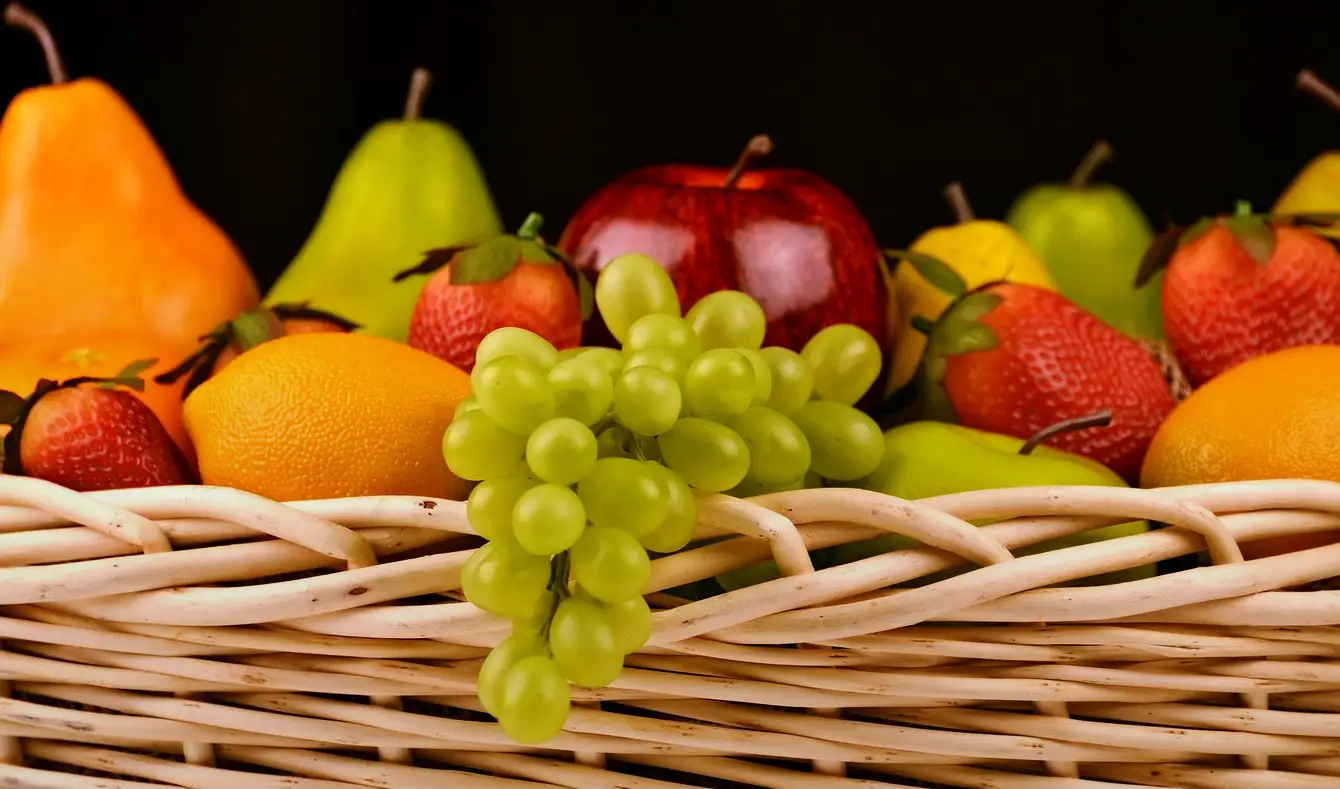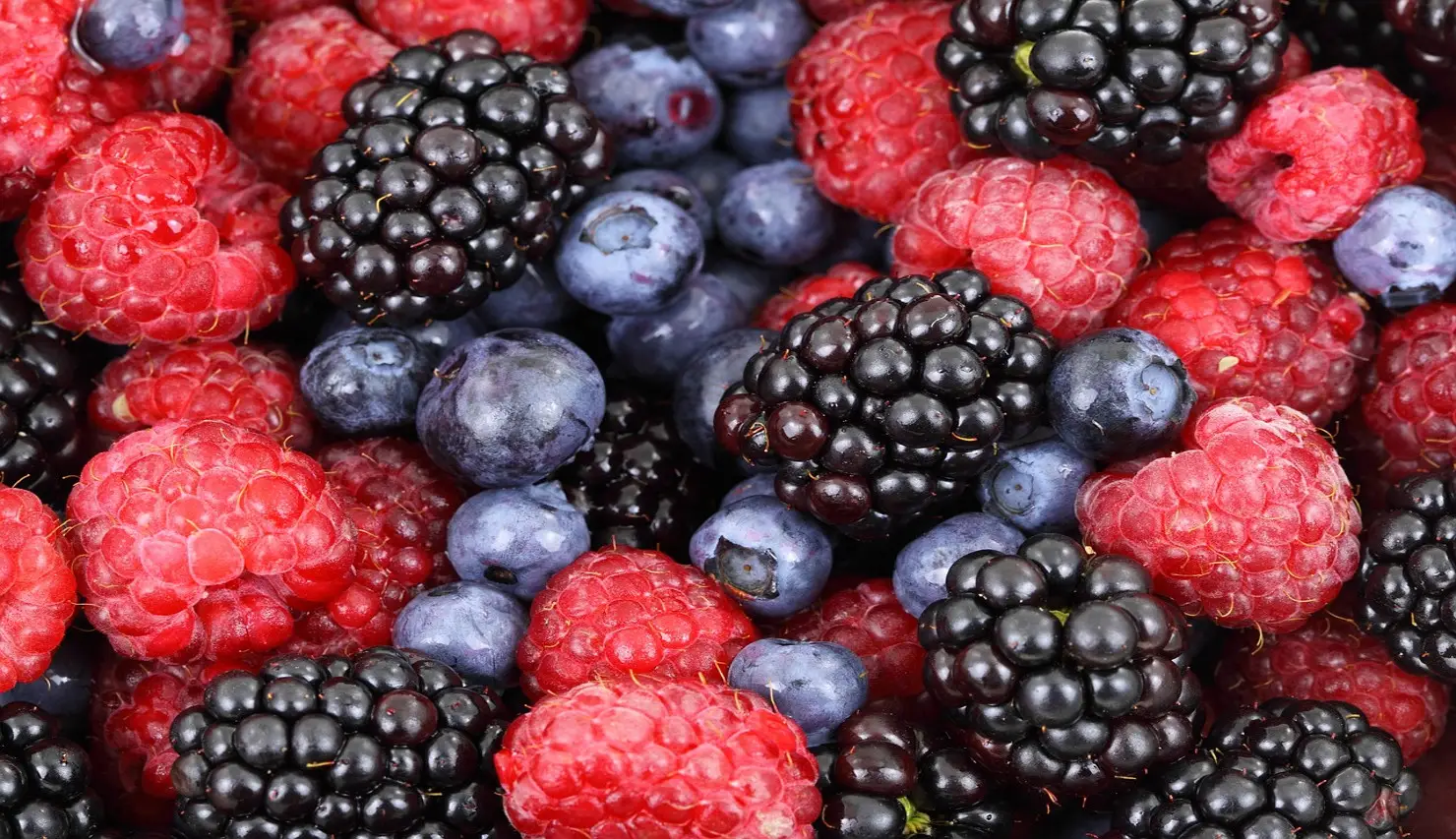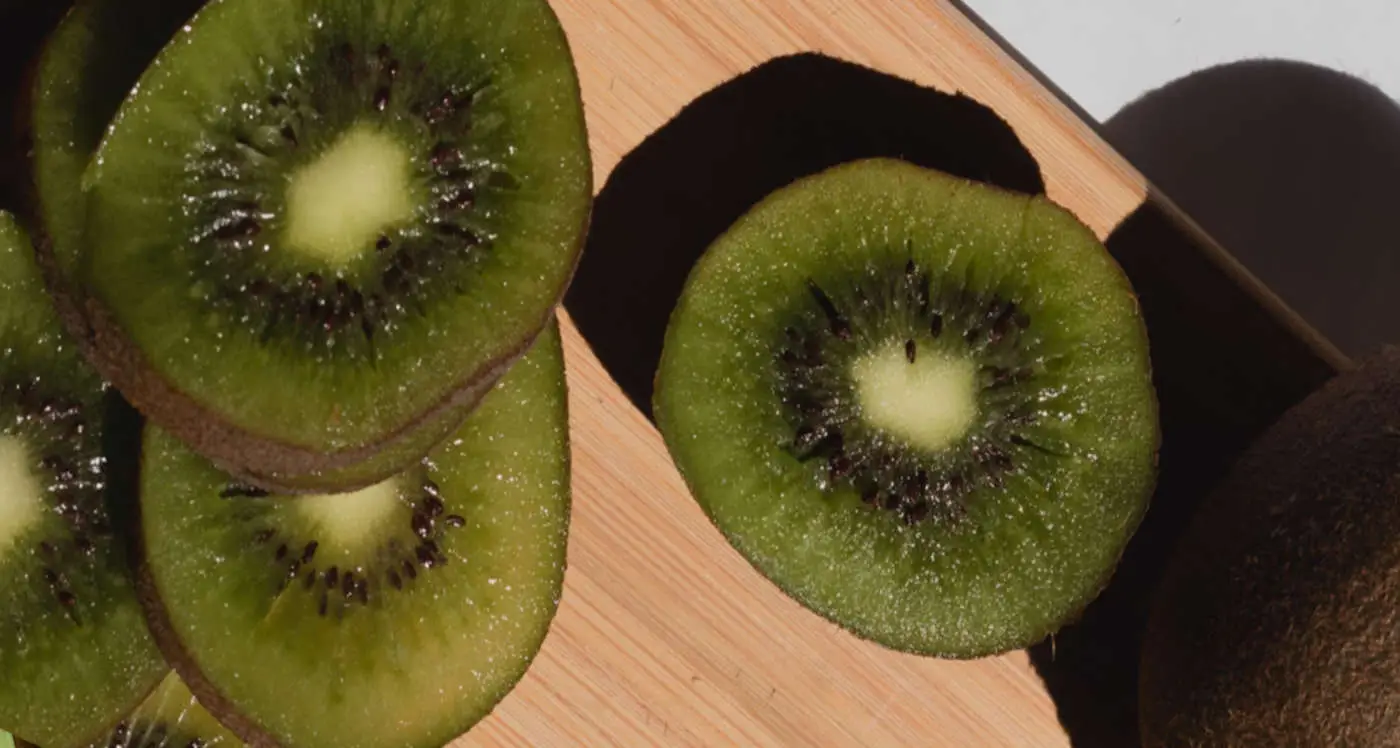Apricot, Dried Lysine and Arginine Info Sheet
Overview
Apricot, dried is a type of apricot that has been dehydrated to remove most of its water content.It is often eaten as a snack or added to cereals, granola bars, or trail mixes.
Apricot, dried is a concentrated source of fiber, vitamin A, iron, and potassium.
It can help improve vision, prevent anemia, and regulate blood pressure.
It is also high in natural sugars, making it a good source of energy.
| Name | Lysine (mg/100g) | Arginine (mg/100g) | Ratio |
|---|---|---|---|
| Apricot, Dried | 254.29mg | 140mg | 1.816 |
Apricot, Dried contains 254.29mg of Lysine and 140mg of Arginine per 100g of product.
This means Apricot, Dried has a high Lysine-Arginine ratio of 1.816.
Because Apricot, Dried contains much higher levels of lysine than arginine, it is highly recommended for people who suffer from herpes, as it may prevent outbreaks.
Lysine Considerations
Lysine is an essential amino acid that is important for protein synthesis, collagen formation, and immune function.
Apricot, dried is not a significant source of lysine, as it contains only about 25% of the recommended daily intake per 100 grams.
It's one of the nine amino acids that the body can't produce, so it must be included in our diet.
Lysine has a variety of roles in the body, such as aiding in growth, healing, energy production, immune function, and the production of collagen.
Research indicates that lysine may have an impact on the herpes virus, which is responsible for cold sores and genital sores.
Taking lysine supplements or using lysine cream could potentially prevent or treat these infections by inhibitnig the amino acid arginine, which the virus requires for growth.
Arginine Considerations
Arginine is a semi-essential amino acid that is involved in nitric oxide production, wound healing, and blood vessel dilation.
Apricot, dried is also not a significant source of arginine, as it contains only about 14% of the recommended daily intake per 100 grams.
Arginine can benefit your overall health and performance, such as lowering your blood pressure, healing your wounds, and boosting your exercise endurance.
Arginine can be made by your body or obtained from foods like meat, dairy, nuts, and soy.
Unfortunately, the herpes virus is known to "feed" on arginine, and having a diet higher in arginine than lysine may increase the occurrence and severity of cold sores and herpes outbreaks.
Lysine-Arginine Ratio
Apricot, dried, with a high lysine-arginine ratio of 1.816, contains more than 1.8 times as much lysine as arginine, which may be beneficial for preventing or treating herpes simplex.
The herpes simplex virus, which causes oral and genital herpes, needs arginine to multiply and infect cells.
Lysine, on the other hand, can interfere with the absorption of arginine in the intestine, and thus limit the availability of arginine for the virus.
By eating a diet higher in lysine than arginine, one may be able to prevent or treat herpes flare ups.
Foods that have a high lysine-arginine ratio include milk and cheese, fish, poultry, fruits, and vegetables.
These foods can supply the body with sufficient lysine to compete with arginine and inhibit the virus from replicating and causing flare-ups.
Dietary Considerations
Fruits are generally high in natural sugars, water, and vitamin C.
Some fruits have more lysine than arginine, such as papaya, mango, apricot, apple, pear, fig, and avocado.
These fruits can help stunt or reduce herpes outbreaks, as lysine can counteract the effects of arginine.
Other fruits have more arginine than lysine, such as oranges, tangerines, grapes, bananas, strawberries, and kiwis.
These fruits can still be consumed in moderation, as they have other health benefits.

For example:
Eating a balanced and nutritious diet that supports your immune system and reduces inflammation.
This means consuming plenty of fruits, vegetables, whole grains, lean protein, and healthy fats, and avoiding processed foods, added sugars, alcohol, and caffeine.
Make sure to drink plenty of water to keep yourself hydrated and eliminate toxins from your body.
Water can also help you avoid dryness and irritation of the skin and mucous membranes, which can lead to outbreaks.
L-lysine supplementscan help you prevent herpes outbreaks and stop a cold sore before it develops by depriving the virus of arginine, which it needs to form a cold sore.
Taking other food supplements that can improve your immunity and protect your cells from oxidative stress, such as vitamin C, zinc, selenium, and antioxidants.
Avoiding foods that can cause allergic reactions or sensitivities, such as gluten, dairy, nuts, eggs, or shellfish.
These foods can trigger inflammation and weaken your immune system, making you more susceptible to outbreaks.
Check more food information






